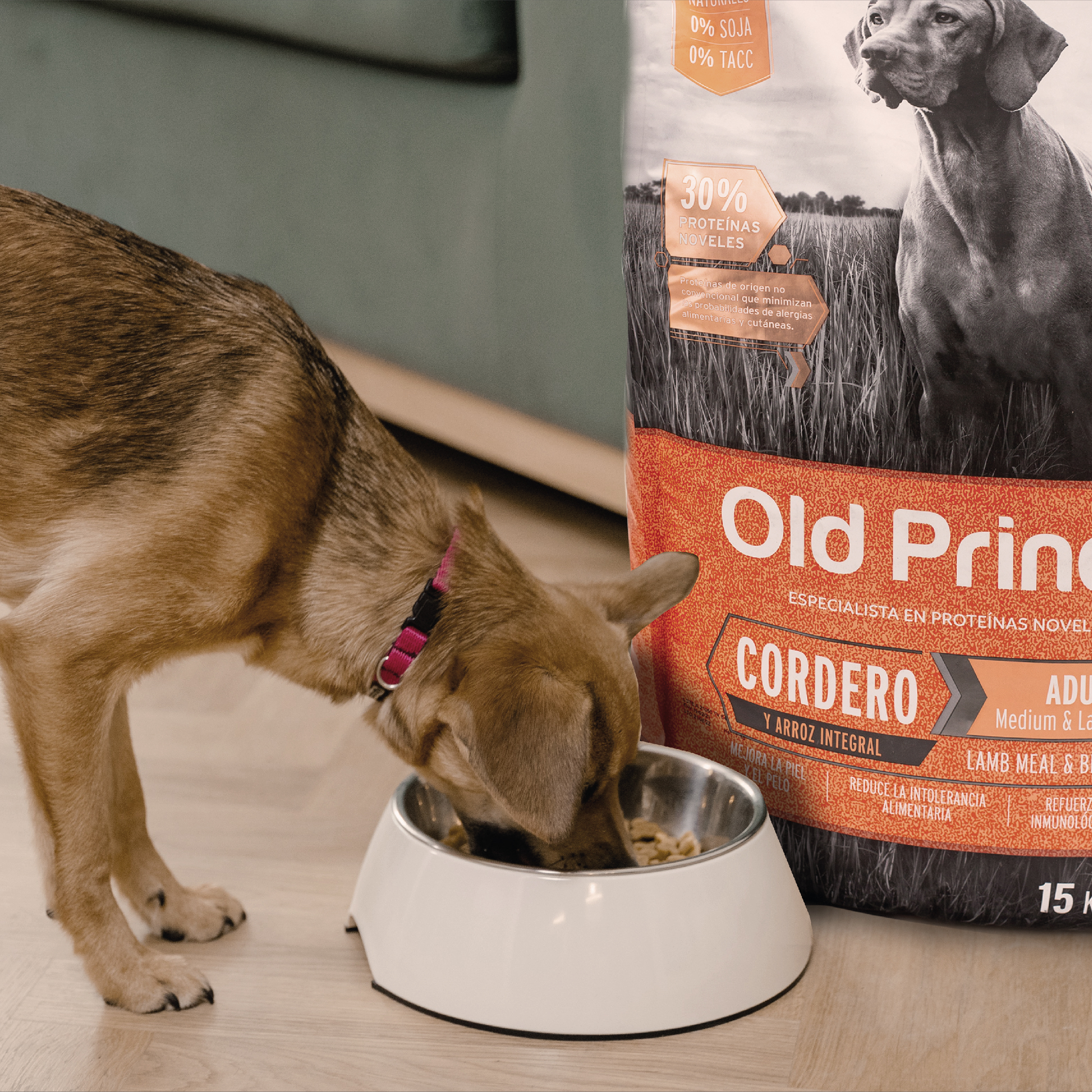Marcos Giordano holds an MBA from Universidad de Buenos Aires and is the Marketing and Business Manager at Agroindustrias Baires. He dedicated his professional career to leading strategies in the pet sector. Having nine years of experience in the pet food industry, Giordano provides a comprehensive perspective on a continuously evolving market.
A Growing Market, but with Barriers
'In the last years, dogs and cats have become family members worldwide, which shows a deep cultural change. This trend transformed the pet market boosting a noticeable growth', says Giordano. However, he adds that, in America Latina, this potential has not been fully developed due to 'the economic volatility and the constant purchasing power loss', which mainly affect highly valuable products.
Despite the challenges, the expert highlights the sector's resilience: 'An encouraging point is that factors such as the increase in adoption rates and pets' life cycle are underestimated in present projections. Estimates based on current values do not reflect the potential of the pet food market.'
{{editor}}
Trends in 2025
Facing the future, Giordano foresees significant changes in the sector:
- Sustainable Products: The market needs products with less environmental impact and concrete practices of corporate social responsibility, which are becoming a priority for many companies.
- Digitalization and Omni-channel Strategies: E-commerce will continue growing beyond predominant marketplaces. Integrated strategies will be the key.
- Increase in Cat Population: This trend requires specific solutions to meet the species' needs.
- Price-quality Relationship: Consumers look for products that combine quality with affordable prices.
- New Products: Wet food, functional snacks, and fresh and lyophilized meat are products expected to grow in the following years, at a national and international level.

Structural Problems
- Regulation: The main problem is the difference in regulations between countries. Each market requires specific adaptations in registration, labeling, and use of raw materials, which stop commerce and increase costs. This problem must be critical for Mercosur.
- Logistics: Access to remote areas or with low population density is still restricted due to long distances, roads in bad condition, and expensive tolls. In addition, delays in harbors and customs have made operations more expensive, especially in some situations, such as the pandemic.
- Costs: Economic volatility directly affects business sustainability, which along with the global increase in prices of supplies (proteins, packaging, and energy), significantly impacts production costs.
The Situation in Argentina: Strengths and Limitations
'In Argentina, we lead in the household penetration rate for pet-ownership and food consumption per capita. Our professionals are references in Latin America,' he points out.
However, this potential does not reflect on the sector growth: 'Recession and the real wage decrease since 2014/2015 have limited the market development and resulted in low average expenditure than it was expected.' Moreover, he describes a disorganized market with manufacturers, suppliers, pet shops, and veterinarians competing for the same portion.
Untapped Opportunities
Giordano considers the Latin American market to be full of development opportunities. 'The great opportunity is to educate the consumer by promoting a responsible trend and providing information about benefits in health, well-being, and economy that quality products and preventive medicine offer,' Marcos explains.
He also mentions digitalization and specialized segments as key points, saying that 'diversifying and positioning e-commerce platforms to offer personalized experiences could transform the sector.' On the other hand, he highlights products for cats, wet food, functional snacks, long-acting external antiparasitic drugs, and services (for example, pet insurance plans) as segments with great potential.
Adapting to Compete
'In such a volatile environment, daily working on improving efficiency and reducing costs to offer quality products with competitive prices is crucial,' Giordano highlights. This includes investment in technology, automation, strategic purchases, and efficient logistics.
It is also important to note the reinforcement of the brand's value. 'Consumers' loyalty and trust are fundamental. During dynamic moments, when information abounds, working on the benefits of products is essential, but I consider that improving the emotional connection between brands and clients is also important.'
The Agroindustrias Baires Role
In this context, the company where Giordano works, Agroindustrias Baires, establishes a policy of commitment to the future and growth through sustained investments. 'We are doubling our productive capability by putting faith in cutting-edge technology and a human-professional, committed team. This effort not only shows our leadership view but also our conviction that growing is possible even in the most difficult situations.'
'We are the benchmark in Argentina: our goal is to become established in the region. We continue working with certainty that current investments will make us build a solid future for Agroindustrias Baires and our value chain,' Marcos concluded.
By: All Pet Food
Source: All Pet Food Magazine
You could be interested: The 27th Edition of Pet Fair Asia Will Take Place From 20 to 24 August 2025 in Shanghai, Marking The Largest Event in its History
Market Information
07/08/2025
The American Pet Products Association (APPA) Releases 2025 Dog & Cat Report, Revealing a New Era of Pet Ownership
29/07/2025

















































